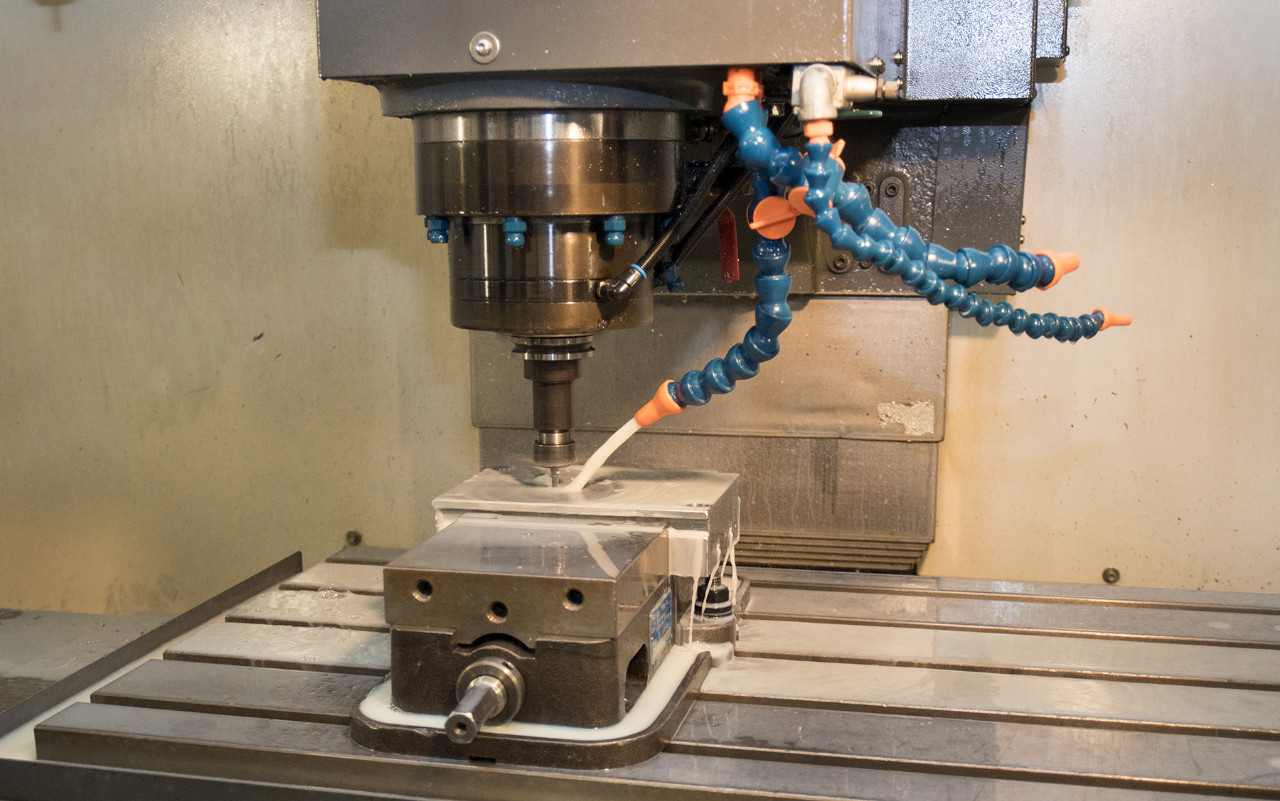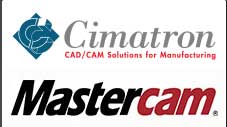Do you have a need to produce a high volume of a small, complex metal part or component? Does the usual method of metalworking or machining seem prohibitively expensive? You might want to consider Metal Injection Molding. Metal Injection Molding (MIM) utilizes Plastic Injection Molding machinery to make metal components and pieces. Metal Injection Molding has six major advantages.
Background and Process
A company called Parmatech in California invented Metal Injection Molding in the 1970s. During the 1980s, the process became popular with manufacturers after it was refined and patented. In the 1990s, improvements to the process gained more attention, and the advantages of Metal Injection Molding have increased over the last few decades. Metal injection molding has grown into a $1.5 billion industry today, with more than 500 parts producers worldwide.
Several steps are involved in the MIM molding process. Metal powder is mixed with a thermoplastic or polymer binding agent. Inject the mixture into the mold after the feedstock material is granulated and liquefied. As a result, a “green part” is formed, which undergoes a debinding process to remove most of the binding material from the part. The part is now called a “brown part” and is very fragile, but it can be handled carefully. The part goes through a sintering process, which is high heat and pressure. The sintering process removes the remaining binding ingredient, shrinks the product by 20 to 30 percent, and produces the final product
Advantages of Metal Injection Molding
Among the many advantages of Metal Injection Molding, the ability to design small, complex parts quickly and efficiently is one of the most important. There is a limited number of designs that can be created using regular metalworking techniques for small, intricate parts. In addition to traditional machining, small details may have to be created using other methods as well. MIM allows molds to include small details such as holes, threads, and slots all at once. The second advantage of MIM is that the final product is more like the original design, as no additional machining or finishing is required.
MIM also offers the benefit of allowing multiple components to be bundled into a single unit. Regular metal working usually requires the manufacture of separate parts that must be assembled to create the final product. Metal Injection Molding allows separate pieces to be molded into one solid piece, eliminating further machining and assembly, and lowering costs.
Combining multiple components also lowers production time. Some parts can be molded in as little as 10 seconds2.
A third advantage of Metal Injection Molding is the creation of more complex parts at a high volume of pieces
Without the need for regular metalworking techniques, there’s the possibility of producing 10,000 to 2,000,000 or more parts per year. Parts with irregular shapes, various holes and slots, internal threads, and contours are a great fit for MIM production.
The range of materials available to use in MIM is also a great advantage. Metals like stainless steels, magnetic alloys, tungsten, high-speed steels, and copper alloys are possible materials. Special metals like titanium alloys, precious metals, and particle composites are also used3. Special alloys, such as super alloy Ni 625 that resists corrosive environments, and H-X that withstands high temperatures, are available for use in MIM.
The strength and density of finished products are also an important advantage of Metal Injection Molding. During the sintering process, the part is heated to temperatures near melting. This process removes any of the binding material left in the part and densifies the part, shrinking it from 20 to 30%. Finished pieces have densities between 93 and 99%6. MIM produced parts are usually as strong, if not stronger, than machined parts.
A final advantage of Metal Injection Molding is the efficiency of the process. MIM has minimal waste. Nearly all, 95-98%, of raw material is shipped as product5. The feedstock is recyclable and is used again, so waste is almost non-existent.
Applications
Metal Injection Molding is used in many areas of industry7. Industries that use small, strong and complex parts have grown the MIM business by millions of dollars over the last few decades. For instance, the medical industry uses MIM to produce surgical instruments and implantable devices. The dental industry produces orthodontics, such as seen in this photo.
The automotive industry uses MIM to produce engine parts, steering system parts, and lock parts. The IT and electronics industry makes up about 50% of MIM sales in Asia, producing items such as lightning chargers for phones and fiber optics parts7. The aerospace industry produces engine components and seatbelt parts. Firearms parts are produced with Metal Injection Molding and parts of Department of Defense equipment are MIM produced. Consumer products include eyeglass parts, camera equipment parts, and musical equipment pieces.
The process of Metal Injection Molding offers many advantages for producing high volumes of small, complex metal parts or components. The advantages of Metal Injection Molding include design flexibility, a variety of materials, reduced processing and assembly costs, and a strong quickly and efficiently produced product.
Product applications of MIM products occur in many areas of industry and use, including in the medical and dental field, automotive and aerospace industries, and as consumer products. If you need to produce a high volume of a small, complex metal piece or component, then the advantages of Metal Injection Molding can work for you.


